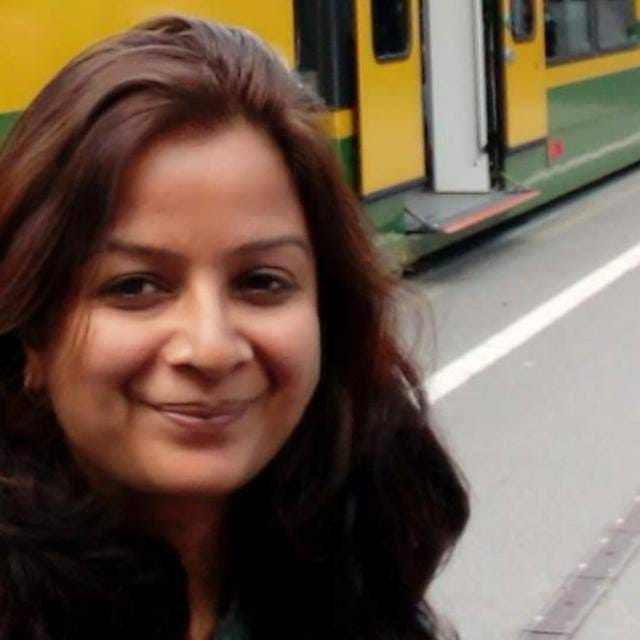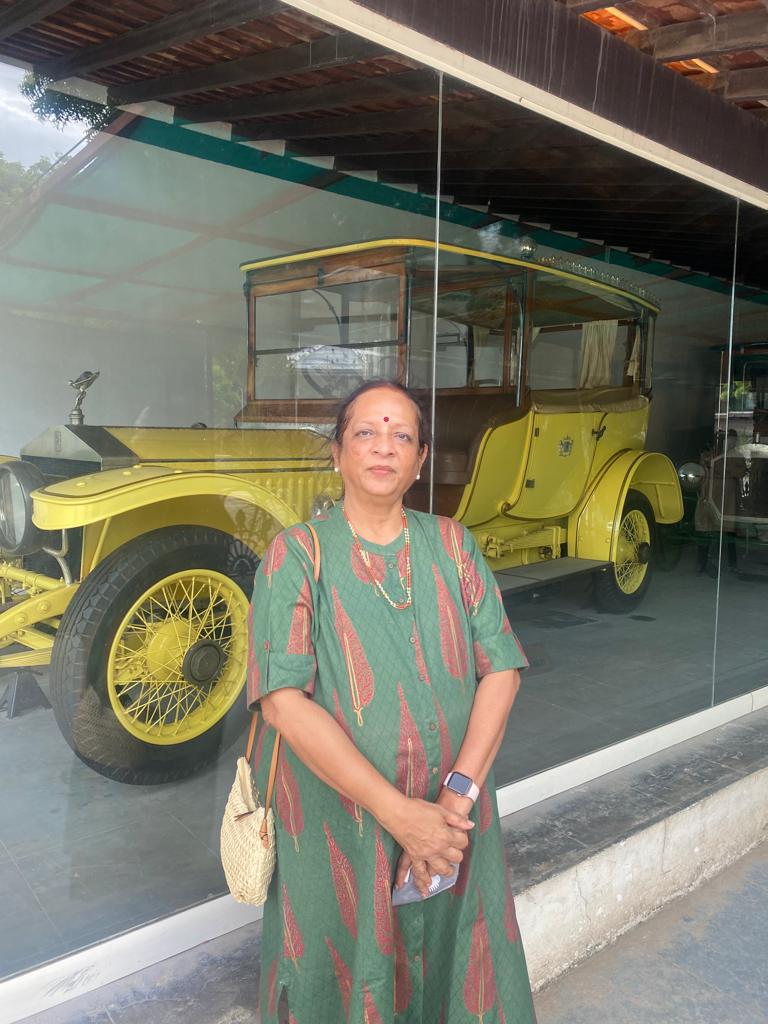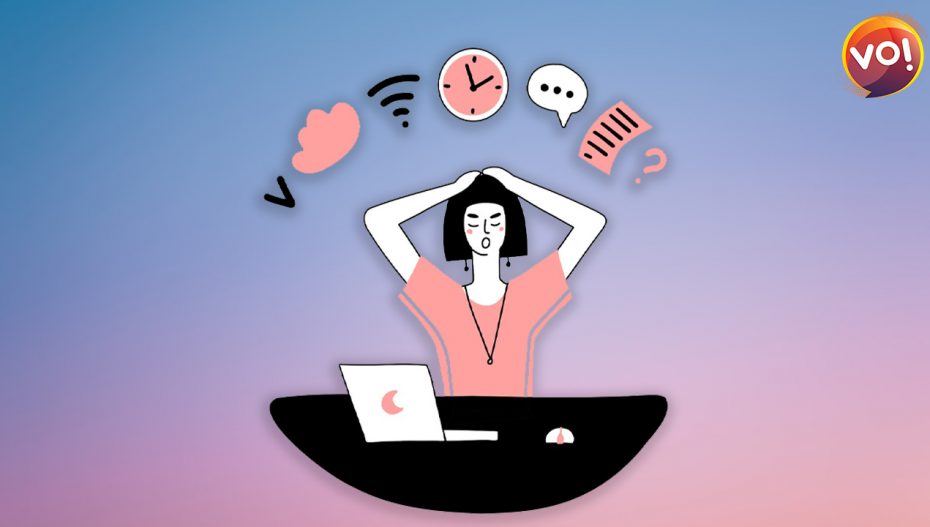Attending to one task at a time improves performance as well as satisfaction
These days, there’s quite a buzz about how multitasking increases productivity in the workplace and even at home. However, research points out that it is not good for mental health. Moreover, it is debatable whether it does increase productivity. In fact, many experts believe that multitasking not only reduces productivity but also adversely affects creativity.
Multitasking is basically working on two or more tasks simultaneously which involves switching back and forth between the tasks. Research indicates that a very small percentage (2.5%) of people are able to multitask effectively. The rest are ‘monotaskers’ who perform better when they do one thing at a time.
Counselling psychologist Meenakshi Gupta says: “Multitasking will lead to loss of focus and concentration. Performance will be affected. I am a multitasker myself but realise the negative aspects. Multitasking makes one casual. If you are doing several tasks at the same time, you may not be able to keep track of time. You may not be able to meet all the deadlines. You have to deal with the uncertainty regarding all the tasks. An element of randomness enters the task execution.”

Chronic stress
Constant switching between tasks makes you susceptible to get distracted since the attention span devoted to one activity is small. Experts also believe that there is some loss of memory. At times, multitaskers are unable to remember information, especially details. Constant multitasking leads to anxiety issues and chronic stress.
Multitasking makes the brain overstimulated and leads to loss of discrimination. The brain loses the ability to prioritise efficiently between what is important and what is not. Researchers have observed a decline in IQ in those who multitask frequently. This is comparable to a decline caused by losing sleep for one night. Another disturbing finding is that MRI scans of people who spend a lot of time on multiple devices shows less brain density in a region that affects empathy and cognitive as well as emotional control.
Academician and author Dr Indira Nityanandam feels that Indians are much better at multitasking than people in other countries. “I have read that there can never be perfect multitasking as one of the jobs may suffer. But sometimes we have no option but to multitask. When I think of myself multitasking, I think of writing my PhD thesis by hand while taking care of my pre-teen daughters, cooking and managing the household. It was a mix of intellectual and physical multitasking. I was in my forties at that time. Now, I am in my seventies and I still multitask. However, I find it difficult to ‘tech multitask’ that is talking on the phone and answering a WhatsApp message at the same time. My eight-year-old granddaughter is adept at that.”

Language consultant Meera Madappa multitasks a great deal. “Multitasking saves time. While something is cooking in the kitchen, I get ready for work. It keeps the mind racing. You ask yourself – can I do something else in the few minutes I have? It may give you a sense of accomplishment. The downside of multitasking is that at times you may not do something very well. Also, it is very stressful if there are hard deadlines and you have to cram in many things in a short period. I avoid multitasking at work as it’s a little risky. There are chances of errors occurring. At work, I finish one set of tasks before moving on to the next,” she says.

Tips to minimise the harm
- Spend at least 20 minutes on one task before taking up another.
- Do not switch between more than two tasks at a time.
- When you finish one task, change your location before you turn your attention to another task.
- Take a break between tasks. Go for a walk, commune with nature, talk to someone to, allow your brain time to feel rested.
- Try to combine a routine activity like folding clothes with one that requires more focus like discussing with a colleague on the phone.
Read More: Stress: How It Affects Your Mind And Body?












